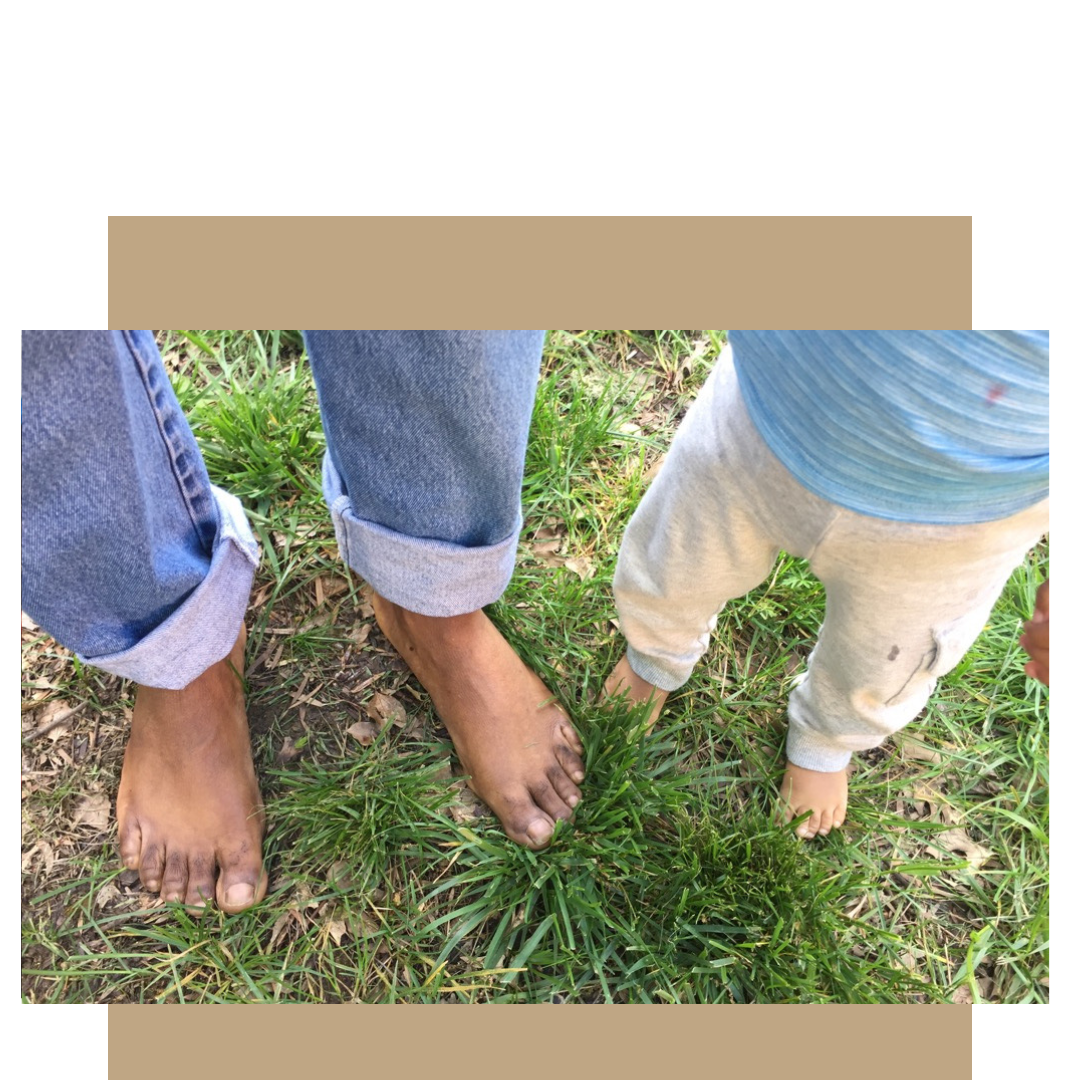
Milk, it does a body good, right? That really depends on what type of milk you’re drinking. Drinking the wrong type can actually do more harm than good! We’ve heard the debate concerning raw milk versus processed milk, organic versus traditional commercial milk, etc. However, one of the biggest concerns gaining traction in the scientific community these days is the A1 versus A2 debate.

So, what is A1 and A2? A1 and A2 refer to a key difference in the genetic makeup of the producer of the milk. A2 is the original genetic makeup of cows predating their domestication. A1 is a genetic mutation that is assumed to have occurred in certain European herds a few thousand years ago, after their domestication. You are probably asking what does this genetic mutation do exactly? Think of it this way. You have two chains. One is an A2 and it’s links are very strong and do not break apart. The other is an A1 and it has one weak link which causes a piece of the chain to break off and create it’s own chain which does not serve the purpose it was intended for.This rebel chain is what’s known as BCM-7 (beta-casomorphin 7).

Now here is where it gets interesting; BCM-7 is an opioid that is strikingly similar in makeup to morphine. BCM-7 has been linked to autism, diabetes, heart disease and autoimmune diseases. In fact, it is suspected that BCM-7, when leaked from the gut, causes the body to mount an immune response that is being misdiagnosed as milk allergy, when in fact, consumption of A2 milk would be completely tolerable for the person in question. BCM-7 has even been considered as a possible contributor in SIDS among infants consuming formula that is not A2.

Interestingly enough, both human and goat milk are 100% A2 and both see far fewer “allergies.” In fact, goat milk is often suggested as an alternative for those who have a milk allergy. This is one more benefit that breastfeeding provides for infants as well.
So, how do you find A2 milk? An easy tool to use is https://a2milk.com/find/. However, this is limited to one brand of A2 milk. You can also search for dairy farmers in your area who raise breeds known to be more likely to carry the A2 gene or who specifically breed for A2 milk. A great resource for locating ad researching local dairy farmers is http://www.realmilk.com/real-milk-finder/. You’d be surprised to find how many local resources you can find to support your quest. If you are unable to find a source to procure A2 milk from, a great alternative to consider is goat milk!
While there is still a great deal of research being done, the differences between A1 and A2 milk are too prominent not to take notice and start making a conscious choice for your own health and that of your family. I find the best support for any dietary change is to give it a trial period. Make the switch and see if you experience any differences – good or bad. Find out if milk is really doing your body good!

http://www.motherjones.com/environment/2014/03/a1-milk-a2-milk-america
http://keithwoodford.wordpress.com/category/a1-and-a2-milk/
http://www.betacasein.net/ and http://www.betacasein.org/
http://www.ncbi.nlm.nih.gov/pmc/articles/PMC4586534/
https://www.ncbi.nlm.nih.gov/pubmed/21334743





